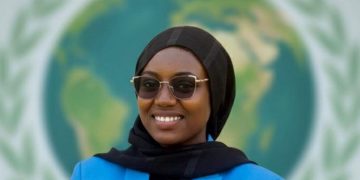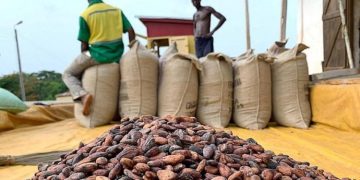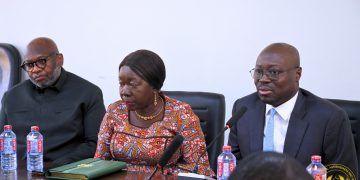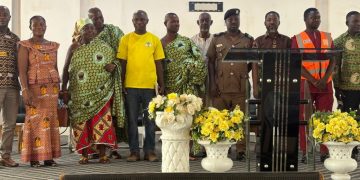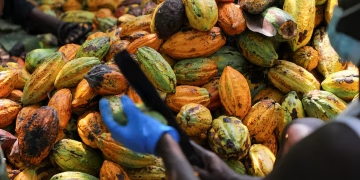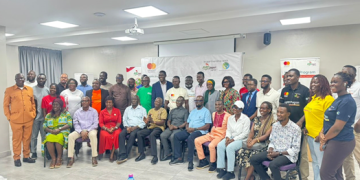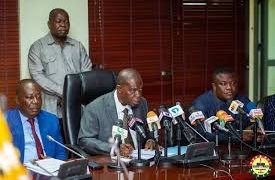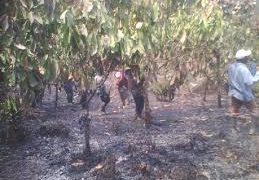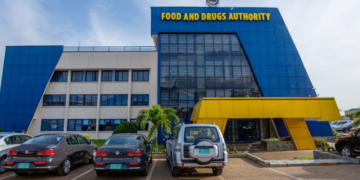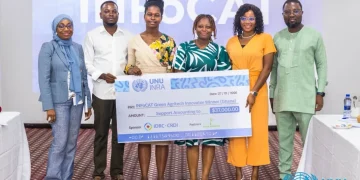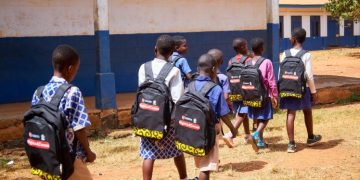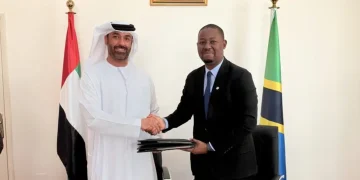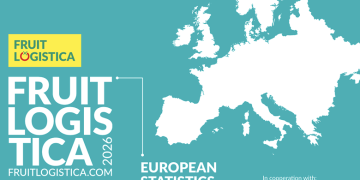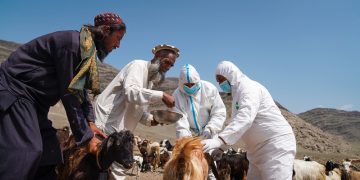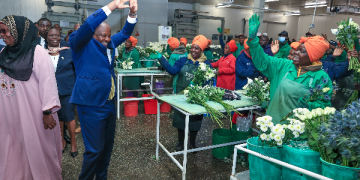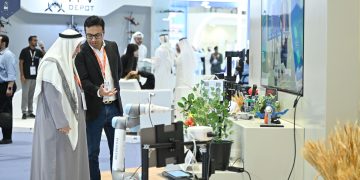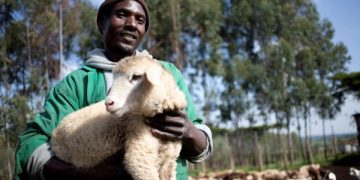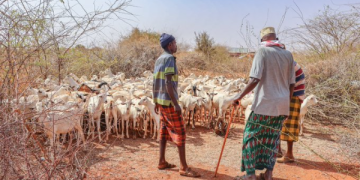As the world faces intersecting challenges of climate change, economic transition, and social inequality, regional cooperation frameworks have taken on new urgency. In Central Asia, the Central Asia Regional Economic Cooperation (CAREC) Program is positioning itself at the forefront of this transformation. It places gender equality at the heart of economic diplomacy. Its recent series of gender-focused initiatives signal not only a commitment to empowering women across borders but also a recognition that sustainable growth depends on inclusive participation.
The momentum began this autumn with the CAREC Women’s Business Forum 2025, held on October 21 through the Women Empowerment Online Platform (WEOP). It bridges together women entrepreneurs, policymakers, researchers, and development partners by offering an energetic and deeply reflective space to discuss how women are reshaping the business and innovation landscape in the region. Far from being a single-day event, it served as a catalyst for a series of interconnected programs designed to sustain dialogue, foster partnerships, and bridge the persistent gender gaps in trade, finance, and leadership.
How CAREC’s Gender Agenda Has Evolved
CAREC’s gender agenda has evolved remarkably over the past decade. Originally established as an economic cooperation framework, CAREC has expanded its focus from infrastructure and trade facilitation to a more holistic vision of regional development that acknowledges social inclusion as a foundation of progress. This year’s gender initiatives show how far that vision has come: from promoting women’s entrepreneurship to embedding gender-responsive policy design into every level of regional cooperation.
The Women’s Business Forum in October illustrated this shift in tangible ways. Speakers and participants from across CAREC’s twelve member countries – ranging from Azerbaijan and Mongolia to Pakistan, Uzbekistan, and the People’s Republic of China – shared stories that blurred the traditional boundaries between business and community leadership. There were women running sustainable agriculture startups in Kyrgyzstan, social entrepreneurs in Afghanistan advocating for women’s financial literacy, and engineers in Kazakhstan pioneering green energy solutions. Each story carried a common thread: women are not waiting for inclusion; they are driving it.
The forum also underscored how digitalization is reshaping opportunities for women. Through WEOP, CAREC has created a virtual space that transcends borders. It created a place where women can connect, collaborate, and learn from one another. This digital platform is particularly vital in a region where geographic distance and infrastructure challenges often limit in-person interaction. Therefore, by offering mentorship sessions, webinars, and resources on business strategy and innovation, WEOP is creating an inclusive ecosystem that keeps women connected to regional and global markets.
Yet CAREC’s gender initiatives do not stop at connection rather they focus on recognition and capacity. Alongside the Women’s Business Forum, CAREC launched the Gender and Green Innovation Awards 2025, which celebrated women who are advancing sustainability through creativity and leadership. The awards highlighted the intersection between gender and climate action, showing that women-led innovation can redefine how societies approach energy, environment, and resilience. From eco-friendly textiles in Uzbekistan to digital farming applications in Pakistan, the projects honored under this initiative show that women’s ingenuity is a powerful driver of environmental and social transformation.
Complementing this, the CAREC Gender Capacity Building Session emphasized skill development and leadership training. The session brought together emerging leaders from both private and public sectors to enhance their expertise in project management, negotiation, and policy advocacy. The intention is clear: empowering women to not only participate but to influence decision-making processes at national and regional levels. The initiative recognizes that representation alone is insufficient as real empowerment comes from the ability to lead, negotiate, and create systemic change.
These initiatives reflect a strategic understanding of how gender intersects with regional cooperation. CAREC’s approach is rooted in the idea that empowering women is not merely a moral imperative but an economic necessity. Studies across development contexts show that when women have equal access to opportunities, productivity rises, innovation accelerates, and communities become more resilient. CAREC’s ongoing efforts echo this evidence, translating it into practice across its member economies.
CAREC Business Forum 2025
Looking ahead, the CAREC Business Forum 2025, scheduled for November 18–19, is expected to further elevate these discussions. Traditionally focused on regional trade, investment, and connectivity, this year’s forum is poised to integrate gender perspectives into its core agenda. The groundwork laid by the Women’s Business Forum ensures that women’s voices will not be confined to a separate dialogue but they will be part of the main stage. The shift from gender inclusion as a side event to a central theme represents an important diplomatic evolution in the region’s development narrative.
This integration also speaks to a broader transformation in how diplomacy and development are practiced in the 21st century. Economic diplomacy is no longer limited to trade deals and infrastructure projects; it now involves building inclusive partnerships, promoting sustainable innovation, and ensuring that all citizens, especially women, benefit from regional growth. CAREC’s gender initiatives offer a compelling example of how multilateral cooperation can evolve in this direction.
For many participants, the October forum was not just about business but it was about belonging. It created a sense of regional solidarity among women who often navigate similar barriers, from limited financing to restrictive social norms. The discussions revealed shared challenges but also collective strength: a growing recognition that women’s economic participation can redefine what progress looks like across Central Asia.
As we move closer to the November CAREC Business Forum, these themes are set to resonate more strongly. The anticipation is not only about economic outcomes but about the continued inclusion of gender perspectives in shaping policy and practice. The women who gathered in October are not stepping back; they are stepping forward into spaces that were once closed off, carrying with them the momentum of collaboration, innovation, and shared vision.
At Women Insight Daily, we see these efforts as part of a wider movement in which women are becoming not only participants in diplomacy but key architects of it. CAREC’s gender initiatives show that the work of empowerment happens not only in high-level policy rooms but in digital platforms, training sessions, and cross-border collaborations that nurture new forms of leadership. They highlight how regional frameworks can adapt global gender commitments, such as the UN Sustainable Development Goals, into local and regional contexts that produce tangible results.
Source: thediplomaticinsight.com









